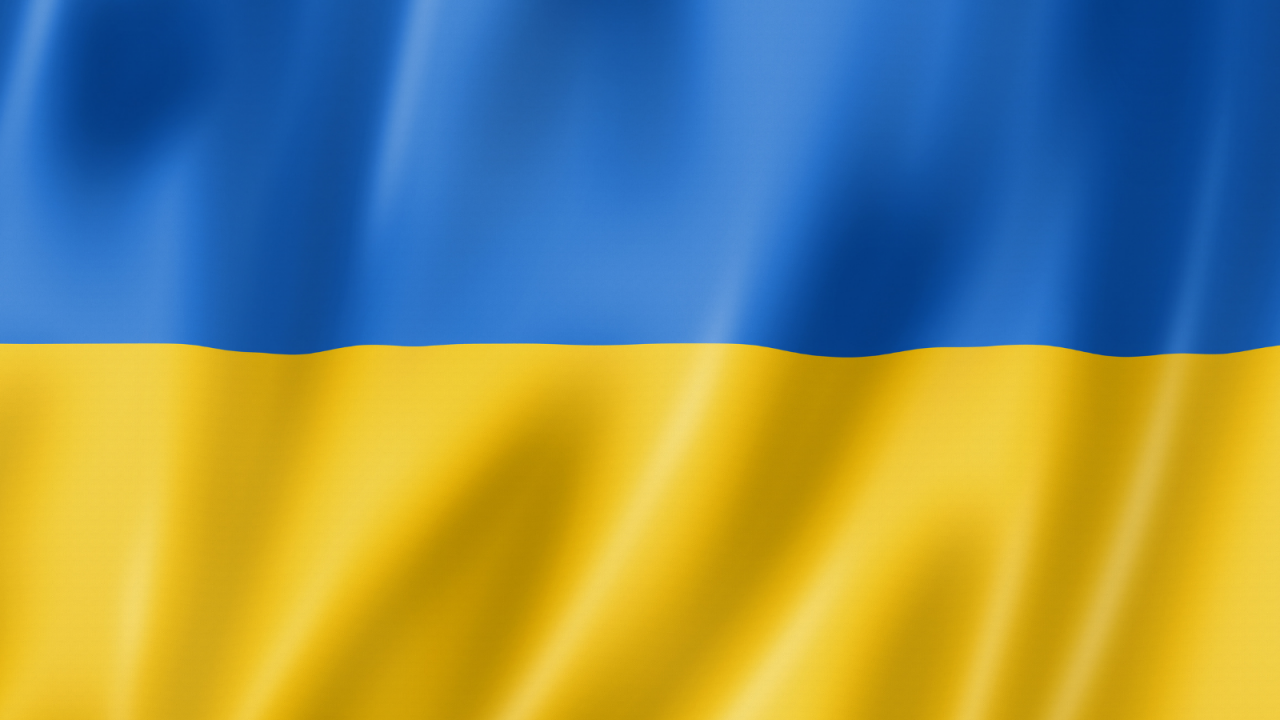ECMM Working Group on Pseudallescheria/Scedosporium infections
Coordinator Sybren de Hoog (The Netherlands)
An ECMM Working Group was founded at the ECMM congress in Budapest, August 2002 as a continuation of an existing informal international network, to focus European attention on the much overlooked but highly virulent systemic and disseminated infections by Pseudallescheria and Scedosporium species. The coordinator of the study is Prof. G. Sybren de Hoog (Centraaalbureau voor Schimmelcultures, Utrecht,The Netherlands).
It was well-understood that the therapy-refractory character of Pseudallescheria and Scedosporium makes morbidity and mortality from these infections very high. There is a high degree of genetic diversity within the two main species, P. boydii and S. prolificans, which diminishes the predictive value of standard antifungal susceptibility data. Consequently the infectious diseases united under the umbrella term pseudallescheriasis provide a potent model for the development of new strategies for control of therapy-refractory emerging opportunists.
The aim of the study was to obtain insight into the occurrence and genetic variability of these fungi, and provide data on possible source of contamination and infection routes. A multidisciplinary approach in health care of the immunocompromised patient population was carried out to understand the emergence of new fungal diseases.
Improved diagnostics, at the generic level and down to the (sub)specific level, can be developed and disseminated to the European clinician, which is expected to greatly stimulate awareness of Pseudallescheria, Scedosporium and other fungal infections. This synergistic approach of the pan-European network aimed leading to an expertise centre with public data bank containing information on strains and their genetic make-up, clinical cases, and antifungal susceptibilities, and will contribute to a diagnostic microarray presently being developed for the European market. A genomic approach was implemented to select key genes involved in resistance to antimycotics, providing a basis for the development of novel and dedicated antifungals by pharmaceuticals companies, and to efficient treatment protocols.
From Mycology Newsletter, 2003. P. 10
In 2006, the ECMM Working Group on Pseudallescheriasis/Scedosporium infections became “Joined ECMM/ISHAM Working Group”. The website of the working group was developed at: http://www.scedosporium-ecmm.com/



